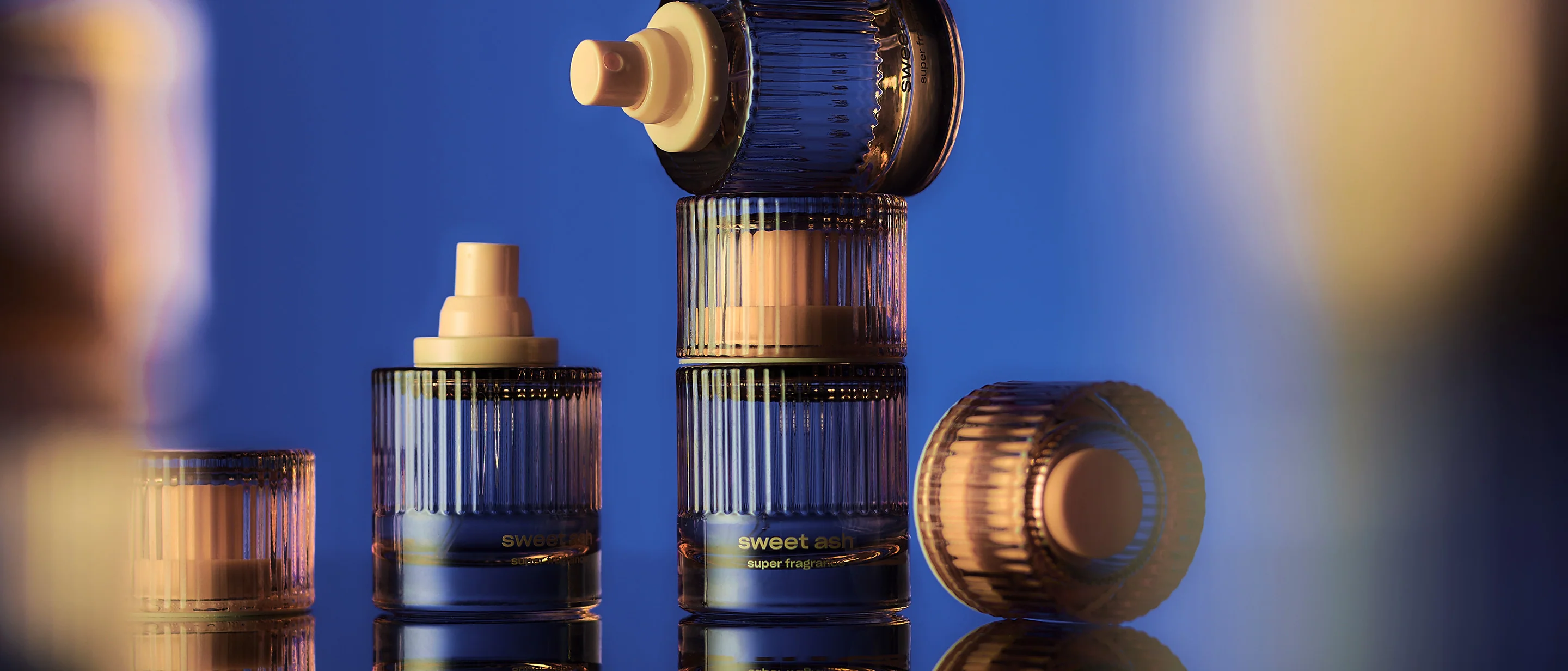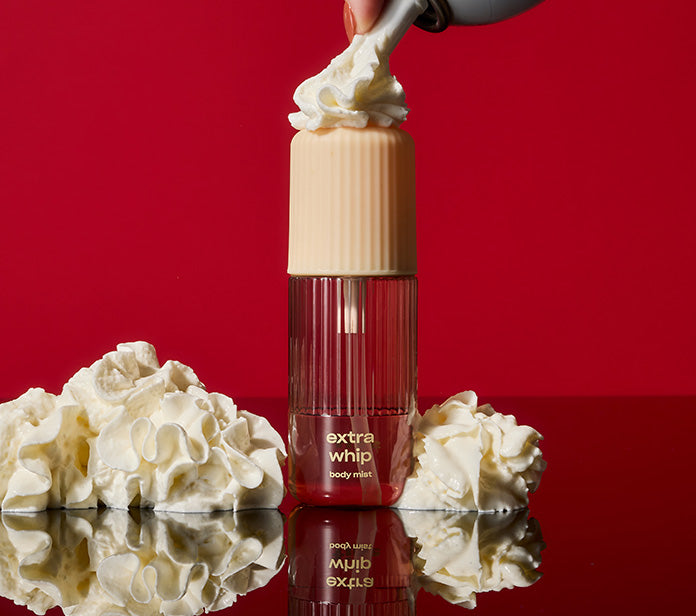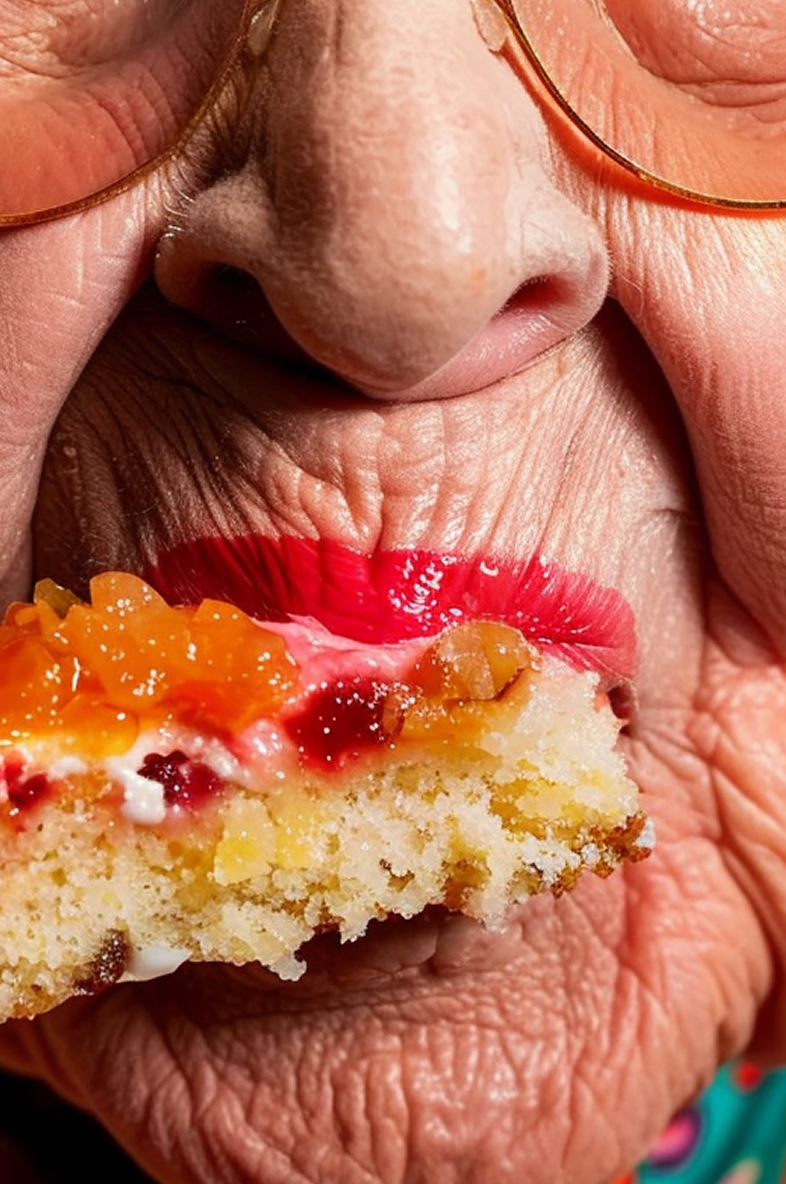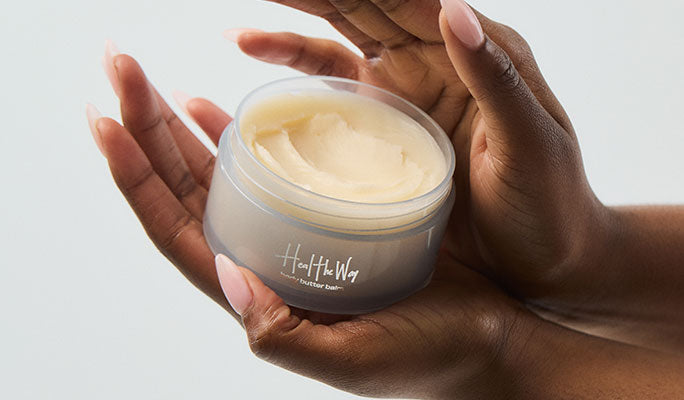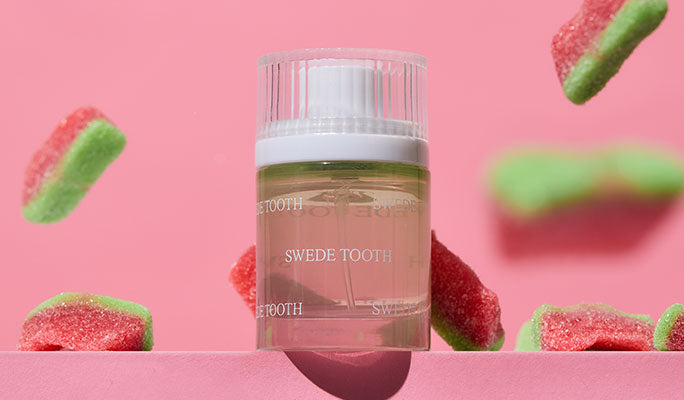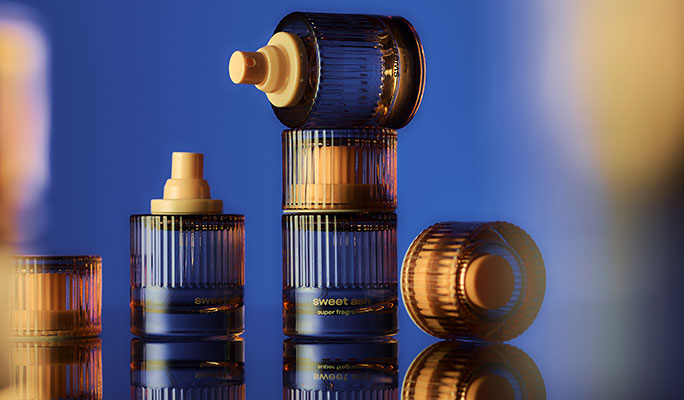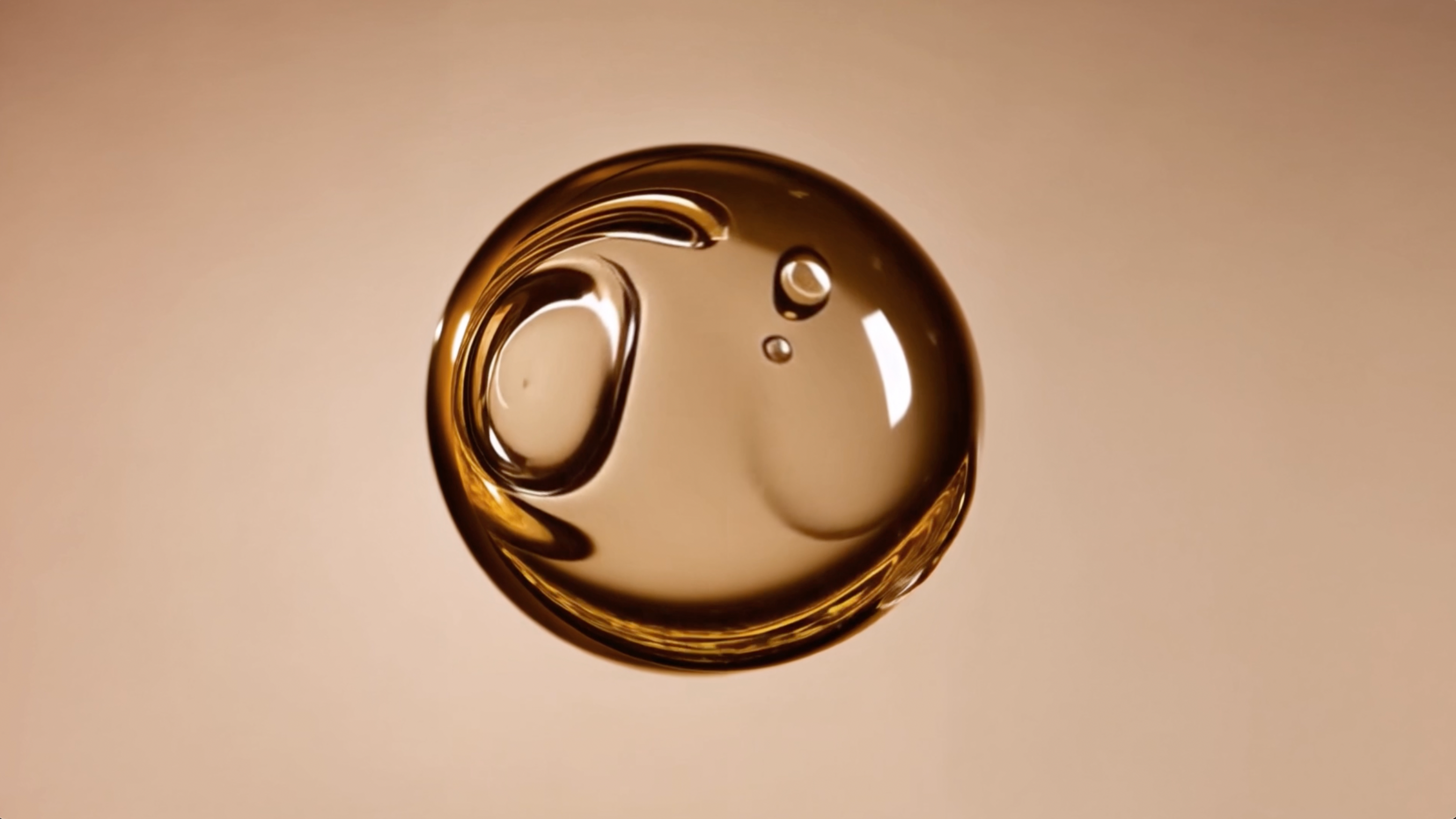We all know that spritzing on a little bit of a favorite scent can tie together an outfit, and lighting a scented candle can be the cherry on top of your decor, but there’s more to fragrances and scented candles than just their smell.
In this article, we’re going to dive into the research behind scent therapy. We’ll take a look at what fragrance therapy is, the benefits of various scents, and some of the most beneficial scents available.
Scent therapy is both an art form and a science — and this guide compiles some of the most interesting fragrance therapy research for you so you can see the potential benefits of different scents.
What Is Fragrance Therapy?
At the most basic level, fragrance therapy is the use of different smells (in the form of an essential oil diffuser, fragrance, scented candle, etc.) to bring positive benefits for your overall wellness. You might have also heard of fragrance therapy, referred to as scent therapy or aromatherapy.
Various cultures have used fragrance oil for its therapeutic benefits for centuries. Essential oils were often used for their medicinal properties in ancient Asian cultures, as well as in ancient Egypt and Greece.
Another common form of fragrance therapy is smell retraining therapy (SRT). Although, for our purposes, we won’t get into the weeds of how this therapy works, it’s essentially a treatment for smell loss. It involves using therapeutic grade scents to stimulate your olfactory system and create a memory of that sense of smell.
How Does Scent Therapy Work?
The scientific concept behind fragrance therapy is that when you inhale different scents, the molecules from the fragrance travel from the olfactory nerves in your nasal cavity directly to your brain.
Once they reach your brain, scent molecules impact the amygdala, AKA the emotional center of the brain, and the hippocampus, the part of your brain that’s responsible for making memories.
For this reason, some of your deepest memories can be triggered by scents. Something like the smell of your mom’s lasagna or that facewash you used in 8th grade might be able to transport you back in time instantaneously. This is part of the reason why specific essential oil blends and aromatherapy essential oils can have a strong, quick impact on your overall mood and well-being.
What Are Some Benefits of Different Scents?
Now that you know a bit more about the general science behind fragrance therapy, let’s take a look at some of the benefits of different scents.
In this section, we’ll break down the specific benefits you can expect when you start your fragrance therapy journey.
Stress Relief
One of the biggest reasons people are drawn to scent therapy is because of its ability to help you relax and relieve stress. Think about how you feel after a stressful commute home or in the moments leading up to a big deadline.
Now, before you get too deep into that daydream, consider all of the things you do to unwind.
Maybe you have a special playlist, a favorite pair of sweatpants, and a go-to recipe you like to make to relax. The idea behind fragrance therapy is that adding a special scent to your relaxation routine can take it to the next level.
One study found that certain smells might help ease feelings of anxiety by slightly altering your brain chemistry. In this study, they found that linalool (the compound we love that gives lavender its sweet smell) might help calm down neural activity.
Support for a Positive Mood
Another potential benefit of certain smells is their ability to support a positive mood.
When you’re feeling down, specific fragrances may stimulate the release of neurotransmitters in your brain, such as serotonin, dopamine, and endorphins. All of these neurotransmitters play an important role in making you feel happy, relaxed, and, if the mood is right, aroused.
Sleep Support
Sleep support is another use of aromatherapy that can radically improve your quality of life. If you struggle to fall asleep or stay asleep, certain scents may be able to help.
Given that fragrances can help calm you down and reduce the physical symptoms of stress, they may also make it easier for you to enter a restful state that sets you up for sweet dreams.
Energizing Effects
On the other end of the spectrum, certain fragrances can actually help you get out of bed and feel energized for the day. According to research, these uplifting scents may increase beta waves, which are the brain waves that are associated with alertness.
What Are Some of the Most Beneficial Scents?
It’s time to meet some of the heavy hitters in the world of beneficial fragrances. The scents on this list can help support your overall sense of well-being.
Lavender
Lavender can create a sense of calm, which may lead to a lowered heart rate and lower blood pressure. However, it’s not just a one-trick pony — lavender-scented products can also help you fall asleep at night, too.
Citrus
When you’re looking for a boost in energy or mood, look no further than a bright citrus, like lemon or bergamot.
Citrus essential oils can calm you down without making you sleepy. You might find that you feel a little bit lighter and more cheerful after spraying a few drops of a fruity, citrus fragrance like Citrus Circus on your pulse points.
Eucalyptus
Eucalyptus is one of those scents that smells like a breath of fresh air (think peppermint meets rosemary). It can make you feel refreshed and invigorated, and, if you have a cold or sinus infection, a few deep inhalations of diffused eucalyptus oil may be able to loosen phlegm trapped in your system.
Jasmine
Another jack-of-all-trades in the world of aromatherapy is jasmine. One of its biggest benefits is that it can help you get the boost of energy you need to start your day.
Making the Most of Your Favorites
Get ready to make the most of your favorites and harness the power of scent this year. By burning your favorite candle or strategically choosing your signature scent, you can reap the benefits.
Sources:
Aromatherapy Information | Mount Sinai - New York
How scent, emotion, and memory are intertwined — and exploited | Harvard Gazette
Linalool Odor-Induced Anxiolytic Effects in Mice | Frontiers
Citrus Essential Oils in Aromatherapy: Therapeutic Effects and Mechanisms | NIH


